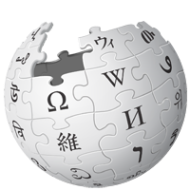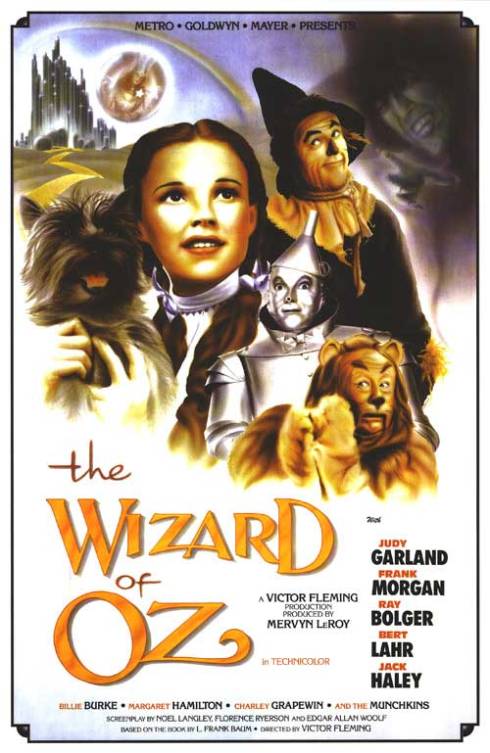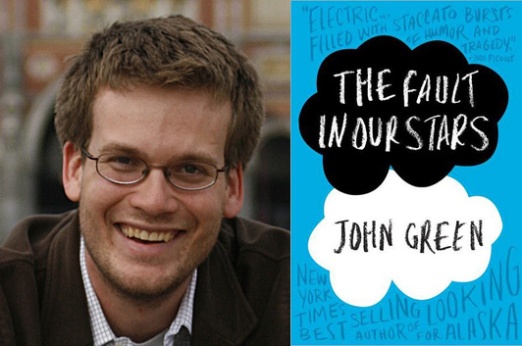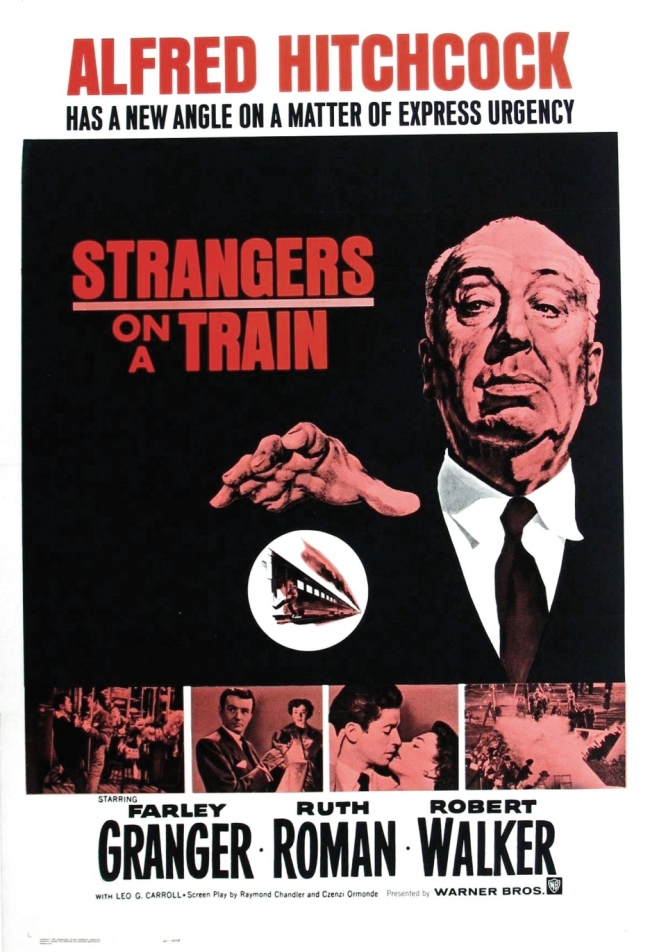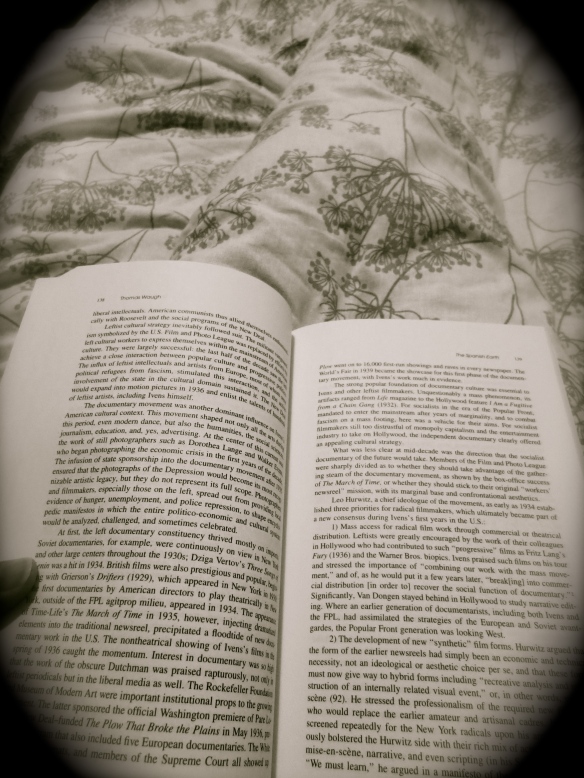Good evening!
In my previous blog I discussed the website called Wikipedia. I am taking this time to reply to the comments on that blog post. The site has its pros and cons, and the comments bring out great points. I greatly appreciate every comment, and I hope I can clarify anything that needs to be.
From the first comment the person argued that his experience with Wikipedia has nothing but positive, however, never using the site for anything academic. He agreed with my point that Wikipedia is easily accessible, and how it is available you anyone by his or her fingertips. He also pointed out the wide range of topics that the website has. This statement connects to my reply to the next comment. The next person reasoned that they thought it was ‘strange’ that I did not address the reading that the Wikipedia article had fewer mistakes than the printed encyclopedia on the same subject. As the first comment brought to light there is many different articles on the site, thousands and thousands for a matter of fact. I, personally, did not take the two comparisons as evidence that Wikipedia could be used as a scholarly source. There are so many articles on the site that I would have to see more comparisons in a wide variety of subjects. It is good to read that the site can be trustworthy with its facts for the most part. But I would still never use it for school. I do not mean to come across like I am demeaning the site. I do think the site is great and extremely helpful. I do appreciate that the second comment states that they are glad that I mentioned the communal aspect on Wikipedia, and that it is becoming more and more part of everyone’s day.
Furthermore, the third response explains they never would have considered Wikipedia a place to bring people together. They stated that the website is more reliable due to the fact the peer editors who constantly scroll through the comments in order to fix any mistake. I do believe the site is more reliable than it has been in the past, I do believe peer editors are trying their best to edit the articles frequently. However, I disagree with this response that through the comments the editors make changes, anyone can make changes to any article on the site. I am sure the comments can be helpful sometimes.
The last comment agrees that the site is reliable, but should not be used for academic essays. She states that Wikipedia has potential to become a valuable source. I already believe it is a valuable source to everyday life. As the article stated that it is the first link to pop up on a search engine result is Wikipedia and is highly ranked for most visited website. It is a very reliable online encyclopedia (for everyday life)!
Thank you for all the comments! All but one was extremely useful in my new understanding of Wikipedia. No, they all were. Ha ha.

